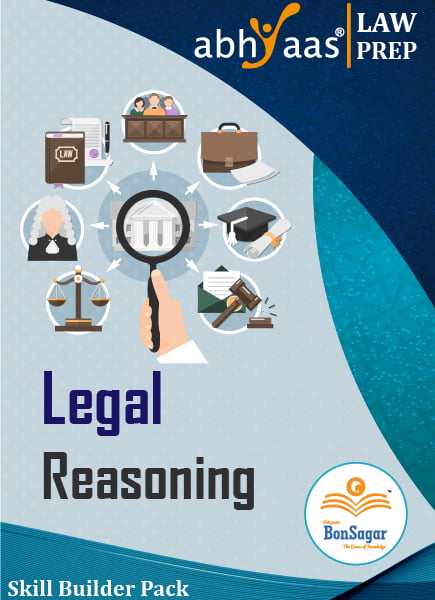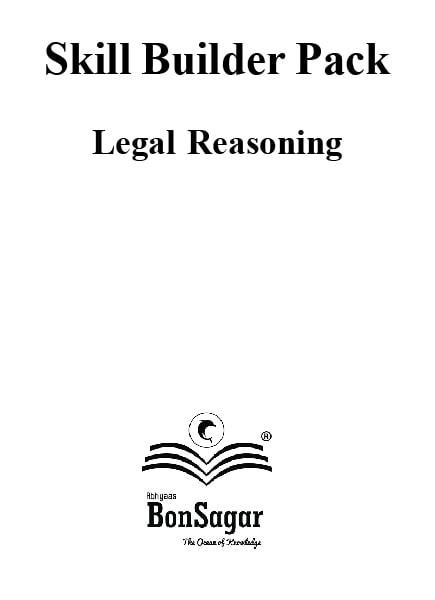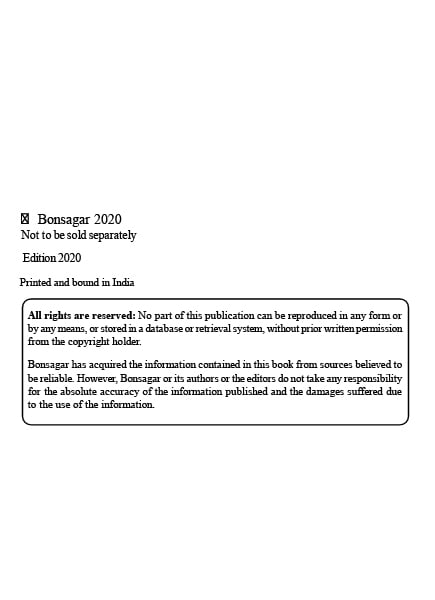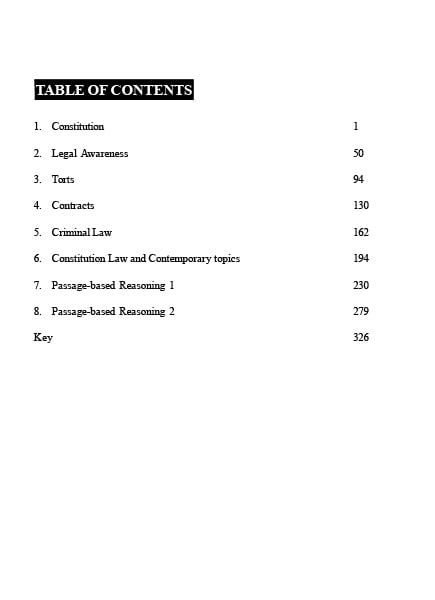7 Guidelines for Writing a LOR for MS Students
With the MS admissions deadline approaching, you may find yourself compiling and organizing all of the necessary materials. The Letter of Recommendation, or LOR, is normally needed to be submitted as part of that package of paperwork. The Letter of Recommendation is just as crucial as your Statement of Purpose (SOP), and it may make or break your prospects of being accepted to an institute or receiving a scholarship.
What exactly is a recommendation letter?
A letter of reference for your university application is a letter produced by a professor or employer that has worked with you for an extended length of time and recommends you for a certain study program. They must discuss your academic or professional achievements that make you a good match for that program. They should also discuss positive aspects of your personality.
The significance of LOR
A Letter of Recommendation validates your accomplishments and gives a third-person opinion on your knowledge, talents, and personal characteristics.
There have been cases where students with below-average GRE scores were admitted to premier colleges thanks to outstanding letters of reference. A letter of recommendation provides significant insight into not just your academic achievements but also your personality, allowing the admission committee to distinguish you from the thousands of candidates.
A well-crafted LOR that highlights and supports your academic qualifications and gives a peek of your personal traits helps set you apart from the crowd and eases your admission to your preferred institute.
How to Write an Effective MS Letter of Recommendation
As crucial as a letter of reference is in gaining admission to a top university for an MS programme, the culture of sending letters of recommendation in India is virtually non-existent. This perplexes both students and those who provide letters of recommendation, such as professors and employers. While a LOR would be tailored to each student, excellent LORs contain key characteristics that set them apart. Let’s take a look at some essential LOR writing suggestions.
Choose your recommender carefully.
Even before you create a superb LOR, you should pick who will write your recommendation letter. As a consequence, it is vital that you seek the endorsement of someone who knows you well.
Aside from knowing you well, the recommender’s qualifications are also important. A letter of reference from the Head of Department or one of the senior professors has more weight than a letter from a junior professor if you are a student. If you are currently employed, a letter of recommendation from the head of your section or department strengthens your candidature.
So, if you are a final-year student or have recently graduated, you may get your letter of reference from:
Professors with whom you have collaborated closely on projects; or Professors with whom you have succeeded in classrooms; or Internship mentor, if you have done internship experience.
If you have job experience, you might get a recommendation letter from:
Your immediate boss, who can attest to your credibility; or the Head of your division, if you have worked with him.
Take the time to prepare and write your LOR.
Writing an excellent recommendation letter takes effort since it presents a multifaceted perspective of the candidate. Waiting until the last minute to organize your reference letters is one of the most prevalent mistakes. It will be easier for the individual to develop a tailored story of your accomplishments and victories.
highlighting important subjects
It is also important to realize that colleges do not want to know about every aspect of the student that makes him unique. A recommendation letter concentrating on a certain area demonstrates the applicant’s dedication to that vocation. It also demonstrates their long-term outlook and potential.
Utilize anecdotes.
A good recommendation letter should not merely restate facts from the CV. It includes an in-depth examination of the applicant’s academic credentials, personal skills, and chances for future success.
Great letters employ tales and narratives to teach the reader about you as a person and what inspires you in this way. Stories are an excellent method to express not just what you have accomplished, but also how you achieved it. They emphasize your unique qualities and make an impression on the readers.
Use the CAR framework.
When producing an impressive recommendation letter that incorporates stories, anecdotes, or narratives, most recommenders use the CAR format. CAR stands for Challenge, Action, and Results and is a framework that highlights the applicant’s successes in the face of a challenge as well as activities made by him or her.
Make use of strong language.
Great recommendation letters include appealing language as well as storylines that adhere to the CAR structure. Letters with striking language demonstrate that your recommendation letter was produced with care and effort.
Prepare your LOR thoroughly.
A superb LOR is well-organized and contains all of the information needed to evaluate the candidate. A well written recommendation letter will include information about how well the recommender knows the student. The introduction begins with an enthusiastic endorsement, followed by a two or three-paragraph appraisal of the candidate. The recommender closes the letter by reaffirming the suggestion and inviting the admission committee to ask any further questions.
Now that you understand what a LOR is and how it might help you gain admission to your selected college, here are a few brief pointers to keep in mind at all times:
Your LOR should correspond to your application. LOR must substantiate and not contradict the data in your application.
Spend time with the individual who is suggesting you. It is critical that you build a good connection with the individual and offer specifics about your accomplishments.
You must proofread your LOR for spelling errors. It undermines the credibility of the individual suggesting you while also harming your image.
Your letter of recommendation should not be overly brief! This simply means that the recommender did not take the time to write the letter.
Two or three LORs are required by universities.
Make certain that none of the LORs sound identical.




